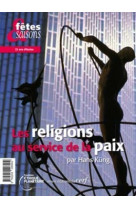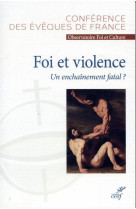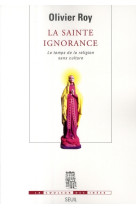Les grecs d'istanbul et le patriarcat cumenique au seuil du xxie siecle
Meropi anastassiadou
--
The Greeks of Istanbul, who formed one of the most dynamic groups in the Ottoman Empire at the end of the 19th century, represent no more than a residual population of a few thousand in Turkey today. Is their decline inevitable? Many observers think the community is now in danger of disappearing altogether. However, this book contains testimonies of those who still believe in a revival. The improvement of Greco-Turkish relations, as from 1999, engendered great hopes and breathed new dynamism into the survivors of the exodus. This work is the result of several years' immersion in the life of Istanbul Orthodoxy. Based on the sharing of poignant moments, it is above all a testimony. But the authors also strive to describe the turbulent history while painting a precise picture of today's situation: demography, economic and social life, educational structures, secular and religious leadership, cultural heritage, places of memory... The Patriarchal institution, with its pluri-secular itinerary, holds a central place in the study. Bartholomew 1st, the current ecumenical patriarch, is universally recognised as the principal spokesman for the community. It is he who negotiates with the Turkish authorities. Enjoying considerable prestige, he also represents the Phanar on the international scene.







